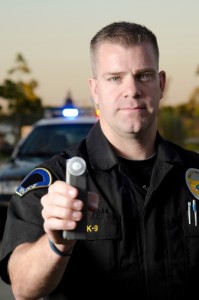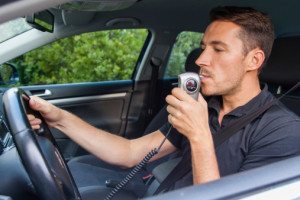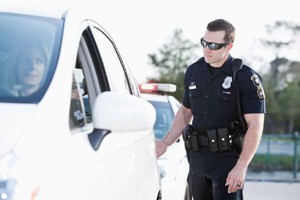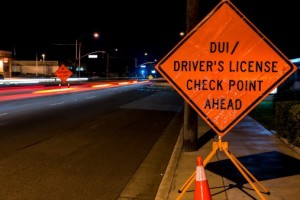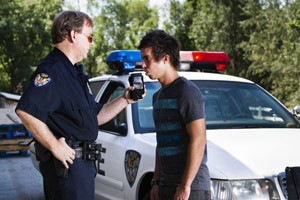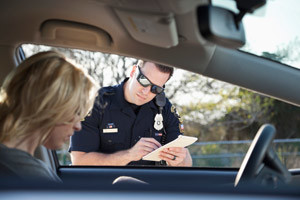
Did you know that plea bargaining is not allowed in a DUI prosecution in New Jersey? You can plead guilty, but you’ll simply have to accept the punishment handed down by the court. You may, however, be able to get the charges reduced or dismissed entirely if you can successfully challenge the admissibility of critical evidence, such as the blood alcohol test.
Ways to Challenge a Blood Alcohol Test
If you’ve been pulled over while driving in New Jersey and issued a ticket for a moving violation of any kind, you’re typically faced with two options—pay the ticket and accept the consequences or appear before the judge and contest the citation. Don’t be confused—the decision to pay the ticket amounts to a guilty plea and may result in points added to your driving record.
If, on the other hand, you opt to challenge the ticket, there are a number of things you can do. First, you can write the police officer a letter, documenting any extenuating circumstances. The police officer has the discretion to dismiss the charge before you are scheduled to go to court.
Next, you can present your case to the prosecutor. While you cannot plea bargain on a DUI charge in New Jersey, you can seek to have the prosecutor reduce or dismiss charges on other traffic offenses.
If you are unable to convince either the police officer or the prosecutor to reduce or drop the charges, you can schedule a trial before a municipal court judge. You can represent yourself, but it’s in your best interests to have a lawyer advocate for you. The judge won’t be able to help you and the prosecutor will be prepared.
At the trial, you’ll want to bring as much evidence as you can to support your position. If you were ticketed for running a stop sign, but the sign was partially hidden, bring a picture that shows that. If there were witnesses who can testify that you did not violate the law, make certain they are present in court.
Contact Attorney Edward M. Janzekovich
To schedule an appointment with an experienced New Jersey DUI defense attorney, contact my office online or call me at 732-257-1137. There is no cost or obligation for your first meeting. Evening and weekend consultations are available by appointment. I accept all major credit cards.



